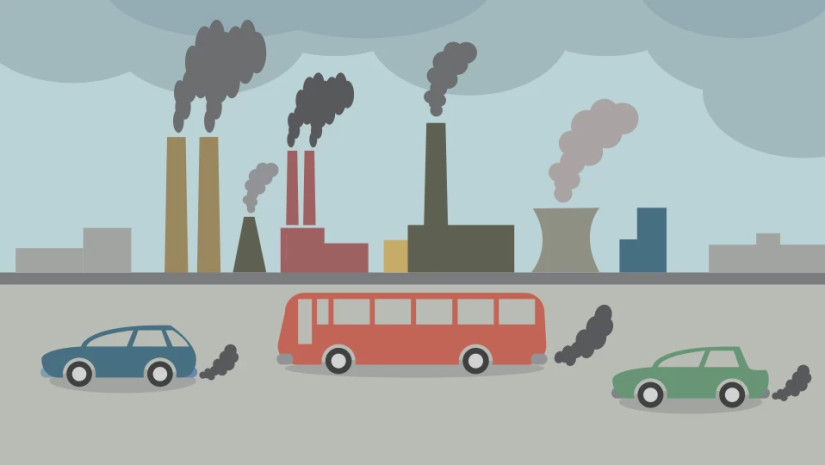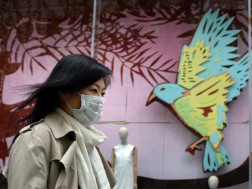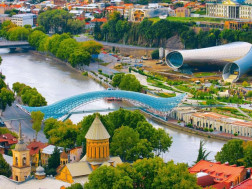More than half of the 307,000 premature deaths due to air pollution in the EU in 2019 could have been avoided with new air quality guidelines, according to a new report published by the European Environment Agency (EEA).
The report said that air quality — measured by the amount of fine particulate matter, nitrogen dioxide and ground-level ozone in the air — had improved from 2018 to 2019. This had a positive impact on health, DW (Deutsche Welle) reports.
But new guidelines from the World Health Organization (WHO), published this year, could have reduced the number of premature deaths caused by air pollutants by some 178,000, or 58%.
What risk does air pollution pose to health?
Air pollution is the biggest environmental risk factor to human health in Europe. It can lead to heart disease and stroke, the main causes of premature death, as well as lung disease and lung cancer.
The report makes clear that meeting the air quality recommendations from the WHO could have helped the bloc reach its goal of 55% fewer premature deaths from exposure to fine particulate matter by 2030.
The EU's Zero Pollution Action Plan targets are part of the European Green New Deal.
Current reductions in air pollution mean that the EU is already on course to meet its targets.
Clean air is a 'human right'
WHO Regional Director for Europe Hans Henri Kluge welcomed the report and said: "To breathe clean air should be a fundamental human right. It is a necessary condition for healthy and productive societies."
"Investing in cleaner heating, mobility, agriculture and industry delivers better health, productivity and quality of life for all Europeans and especially for the most vulnerable," EEA Executive Director Hans Bruyninckx said.
"These investments save lives and also help accelerate progress towards carbon neutrality and strong biodiversity," he added.
The report comes days before European leaders meet for the EU Clean Air Forum. It also follows the conclusion of the international COP26 summit, the outcomes of which have been questioned by scientists and climate campaigners.
















